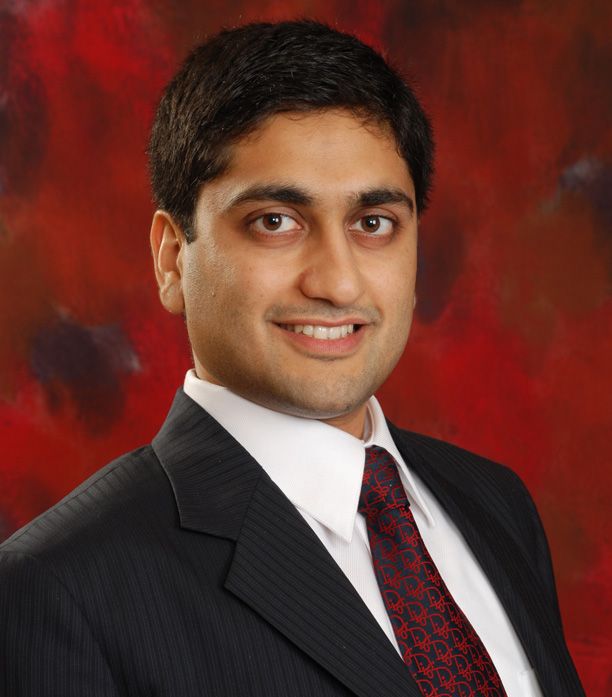
- This event has passed.
Spring 2022 GRASP SFI: Rahul Mangharam, University of Pennsylvania, “Balancing Performance and Safety in Autonomous Vehicles”
March 30, 2022 at 3:00 PM - 4:00 PM
*This will be a HYBRID Event with in-person attendance in Levine 512 and Virtual attendance via Zoom
Balancing performance and safety are crucial to deploying autonomous vehicles in multi-agent environments. In particular, autonomous racing is a domain that penalizes safe but conservative policies, highlighting the need for robust, adaptive strategies. Current approaches either make simplifying assumptions about other agents or lack robust mechanisms for online adaptation. In this talk we will explore research themes on perception, planning and control at the limits of performance. We explore (1) How to build the most efficient autonomous racecar with Multi-domain optimization across vehicle design, planning and control; (2) How to generate the most competitive agents who dynamically balance safety and assertiveness by using distributionally robust online adaptation; We realize all our research in the https://f1tenth.org autonomous racecar platform that is 10th the size, but 10x the fun! The main take away from this talk is how you can get involved in very exciting research on safe autonomous systems. I will also present projects on AV Bus and AV Gokart that we are doing in the Autoware Center of Excellence for Autonomous Driving at Pennovation.

Rahul Mangharam
University of Pennsylvania
Rahul’s builds safe autonomous systems at the intersection of formal methods, machine learning and controls. He applies his work to safety-critical autonomous vehicles, urban air mobility, life-critical medical devices, IoT4Agriculture, and AI Co-designers for complex systems. He is the Penn Director for the Department of Transportation’s $14MM Mobility21 National University Transportation Center which focuses on technologies for safe and efficient movement of people and goods. Rahul received the 2016 US Presidential Early Career Award (PECASE) from President Obama for his work on Life-Critical Systems. He also received the 2016 Department of Energy’s CleanTech Prize (Regional), the 2014 IEEE Benjamin Franklin Key Award, 2013 NSF CAREER Award, 2012 Intel Early Faculty Career Award and was selected by the National Academy of Engineering for the 2012 and 2017 US Frontiers of Engineering. He has won several ACM and IEEE best paper awards in Cyber-Physical Systems, controls, machine learning, and education.
